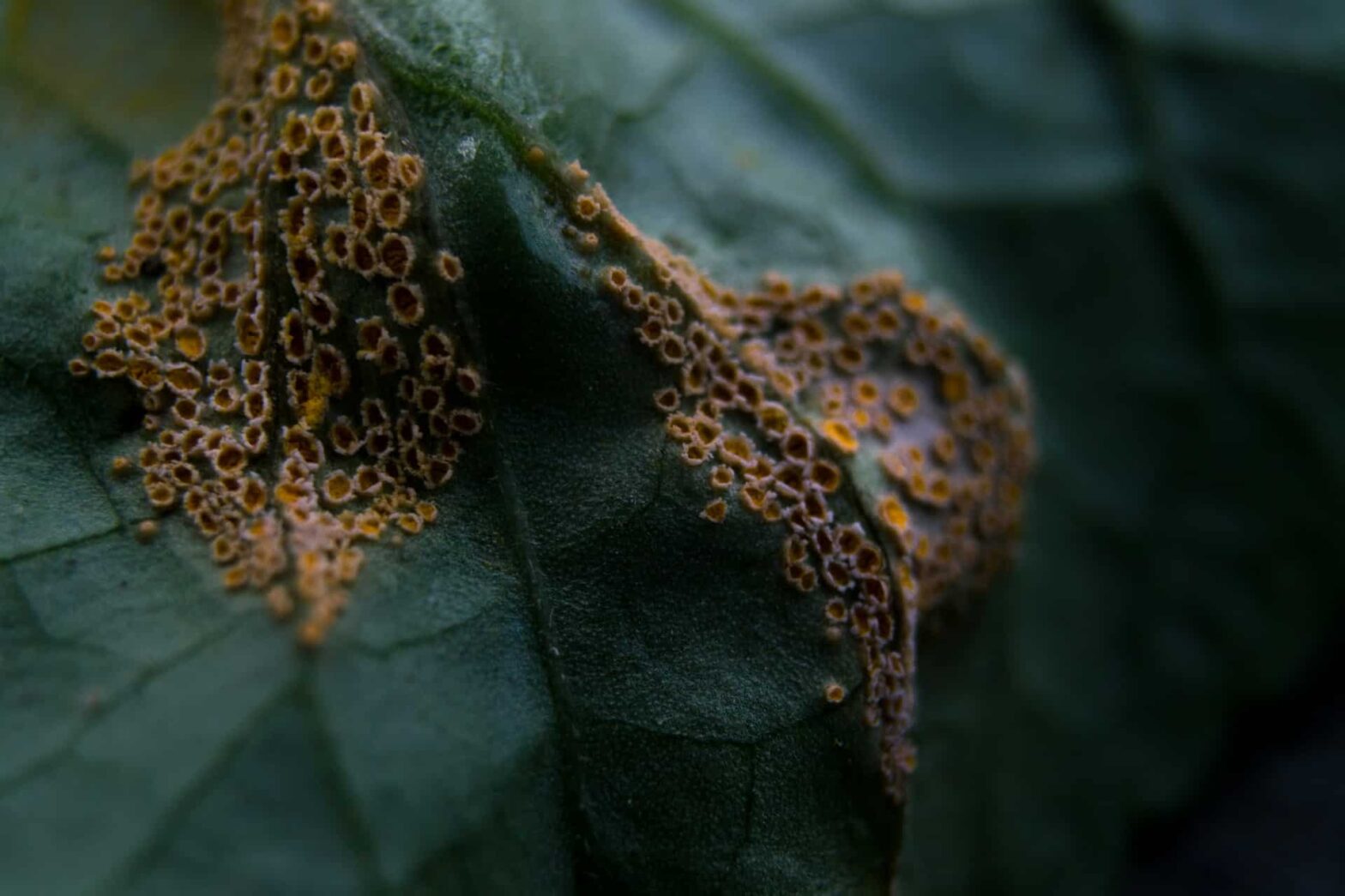The month of March is a crucial period for maintenance and disease prevention in your garden. Whether you wish to protect your fruit trees, your vines or your flower beds, there are several key steps to follow to ensure their good health throughout the season. In this article, we will examine 4 essential actions to take in March to prevent spring garden diseases.
Size and pruning: regular maintenance to prevent diseases
Pruning and trimming your trees, shrubs and other plants regularly helps promote their growth, improve their shape and reduce the risk of diseases. Pruning involves removing certain branches or parts of the plant to optimize its development, while trimming allows you to control its height and width.
In the case of fruit trees, pruning must be carried out before the buds start to swell. It helps to promote fruiting and prevent the spread of diseases between branches. The vines also require a main pruning during this period to ensure an abundant production and avoid issues related to pests.
Fruit Trees
- Apple trees : prune in winter or early spring before the buds burst.
- Pear trees : pruning in winter or early spring before the buds burst.
- Plum trees : prune immediately after harvesting, in late summer or in autumn.
- Cherry trees : prune after harvest, in late summer or autumn.
Vines
- Fruiting pruning in winter (January to March).
- Green pruning at the beginning of summer to limit vigor and promote grape maturity.

Preventive Treatment: Protecting Your Plants from Pests and Diseases
The preventive treatment consists of applying specific products to your plants and trees to protect them against attacks by parasites and diseases. These treatments are generally based on fungicides, insecticides and acaricides, but can also include biological solutions such as nematodes or natural predators.
In March, it is important to treat your plants against fungal diseases caused by fungi (scab, powdery mildew, downy mildew), as well as against parasites such as aphids, scales and mites. Also remember to monitor for the appearance of bacterial and viral diseases, such as moniliosis, yellowing or mosaic virus.
Recommended preventive treatments
- Fruit trees: treatment with Bordeaux mixture, paraffin oil or sulfur to combat cryptogamic diseases and aphids.
- Vines: sulphur treatment to prevent powdery mildew and Bordeaux mixture treatment for downy mildew.
- Massifs: treatment with nematodes or biological insecticides to control slug and other pest populations.
Aerating the soil: an essential step to promote plant growth
The aeration of the soil, or digging, consists of turning the soil to bring oxygen to the roots and improve the soil structure. This operation also helps facilitate water drainage, eliminate weeds, and promote the rooting of young plants.
In March, it is important to aerate the areas that will host your new plantings, as well as those where plants were affected by diseases the previous year. Do not hesitate to enrich the soil with compost or decomposed manure to improve its fertility.
Aeration Tools and Techniques
- Spade: for turning and aerating the soil.
- Spading fork: for loosening the soil without turning it over.
- Rotary Hoe or Scarifier : used to break up clods of earth and prepare the soil to receive young plants.
Mulching: a natural protection against diseases
The mulching is an ecological technique that involves covering the ground around plants with a layer of organic or mineral material. This mulch helps to prevent weed germination, keep the soil cool and moist, supply nutrients to plants, and protect roots from frost in winter.
In March, think about installing a mulch around your fruit trees, your vines, and your flower beds to prevent the emergence of diseases related to excess moisture and reduce the risk of parasites. Choose a mulch suited to your needs, such as straw, BRF (ramial chipped wood) or pine bark for an ornamental garden.
Choice of mulch:
- Organic Mulches: compost, manure, dead leaves, straw, wood chips, pine bark, RPF.
- Mineral Mulch : gravel, crushed slate, pozzolana, clay beads.
Beyond these four essential actions, don’t forget that the prevention of garden diseases in spring also involves regular observation of your plants and constant maintenance of your garden. Do not hesitate to seek advice from professionals or experienced gardeners to benefit from their tips and knowledge.

